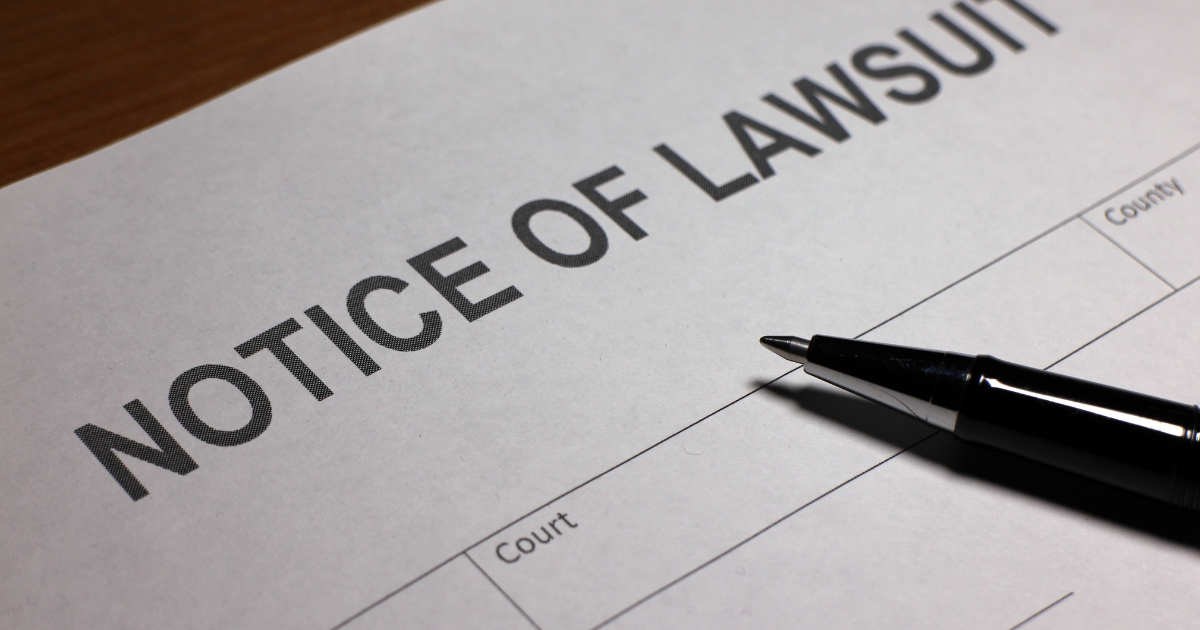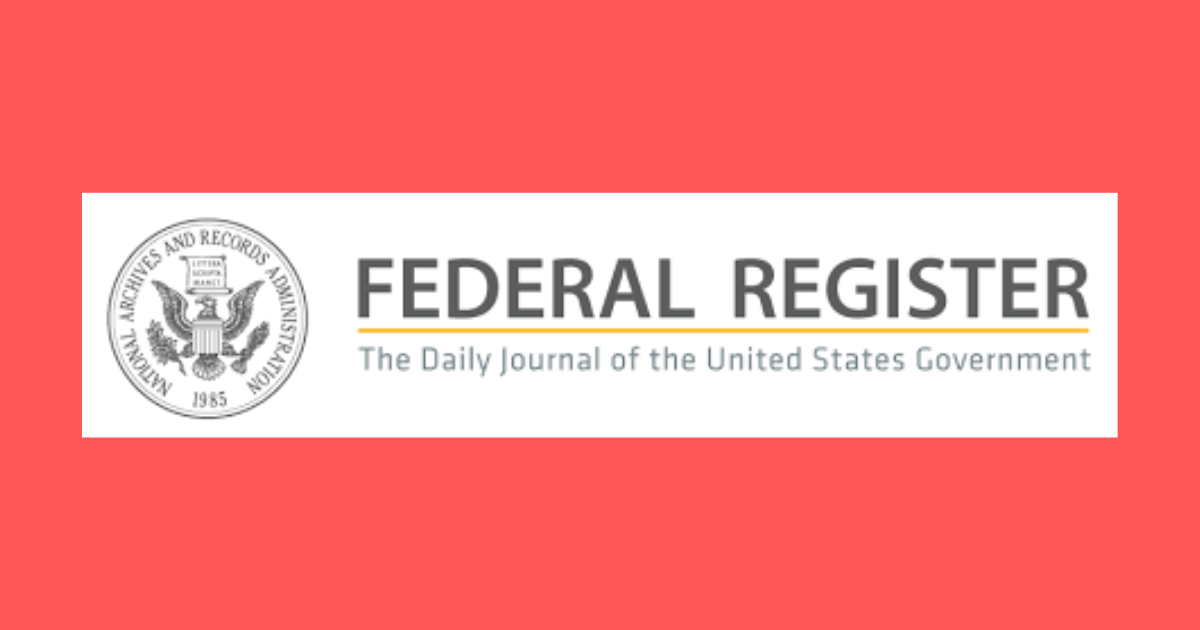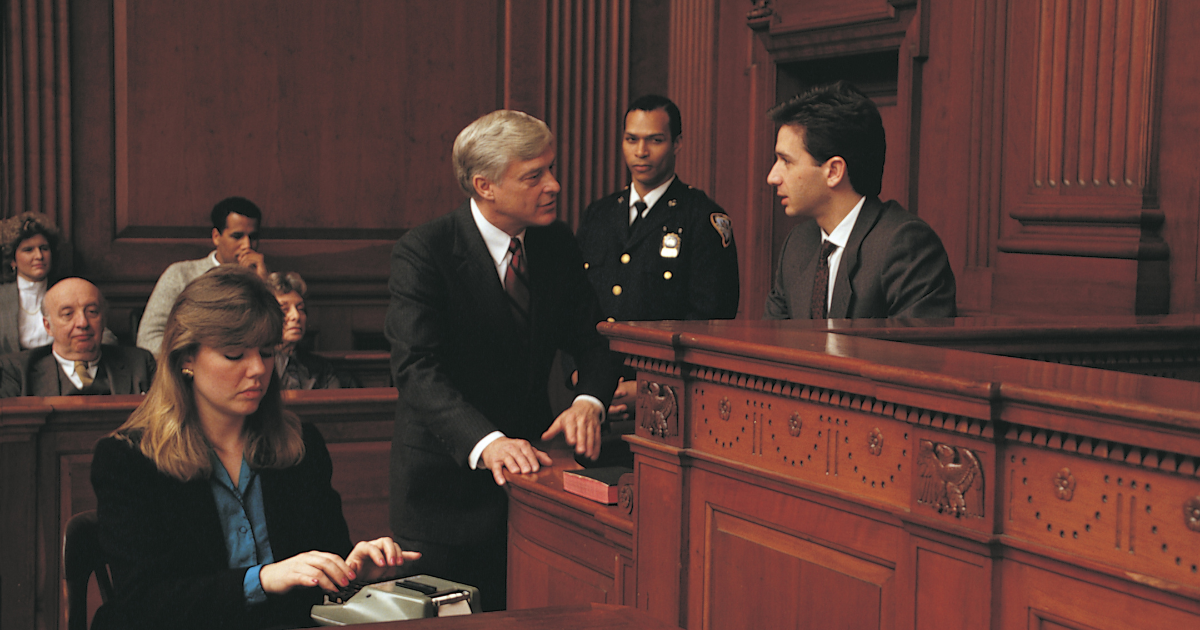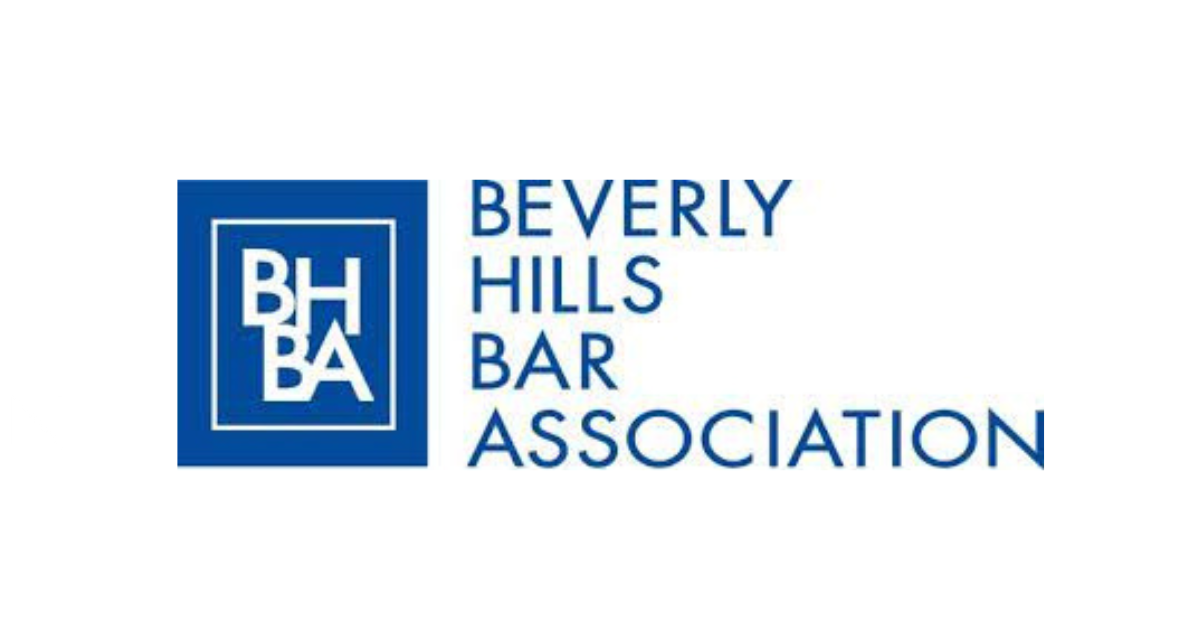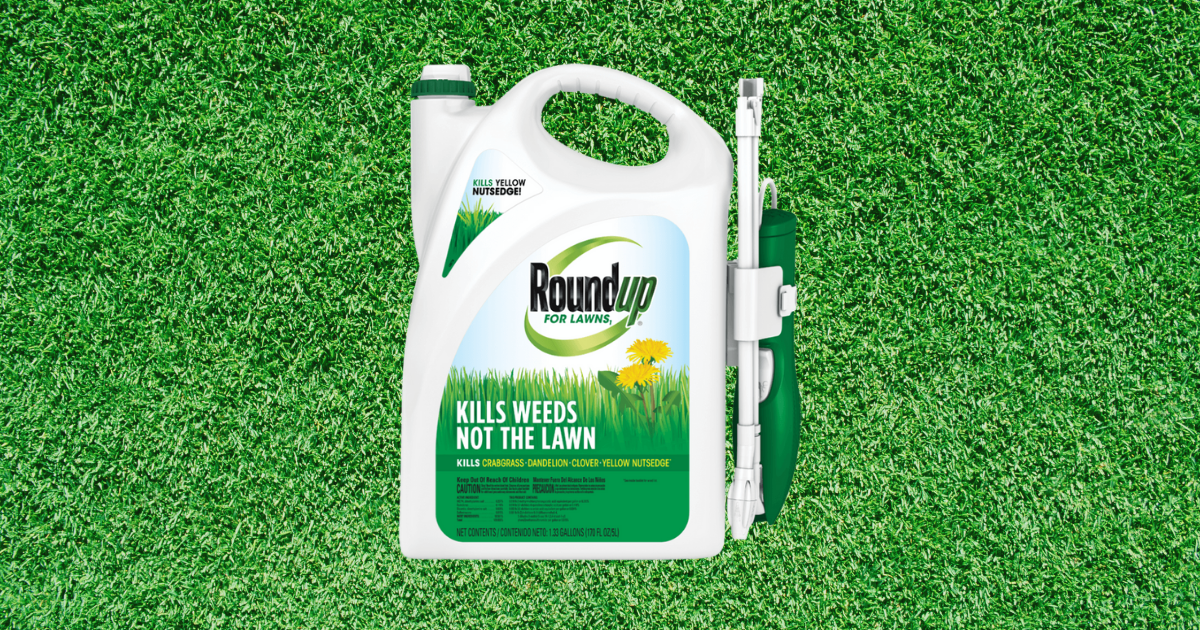ALF Urges Supreme Court To Reject “Conspiracy Jurisdiction”
In BASF Metals Limited v. KPFF Investment, Inc., No. 23-232, two overseas corporate defendants in antitrust litigation involving market prices for platinum and palladium have filed a certiorari petition challenging a Second Circuit decision upholding a New York federal district court’s exercise of “conspiracy jurisdiction.” On behalf of the Atlantic Legal Foundation (ALF), I have authored and filed an amicus […]
ALF Urges Supreme Court To Reject “Conspiracy Jurisdiction” Read More »

